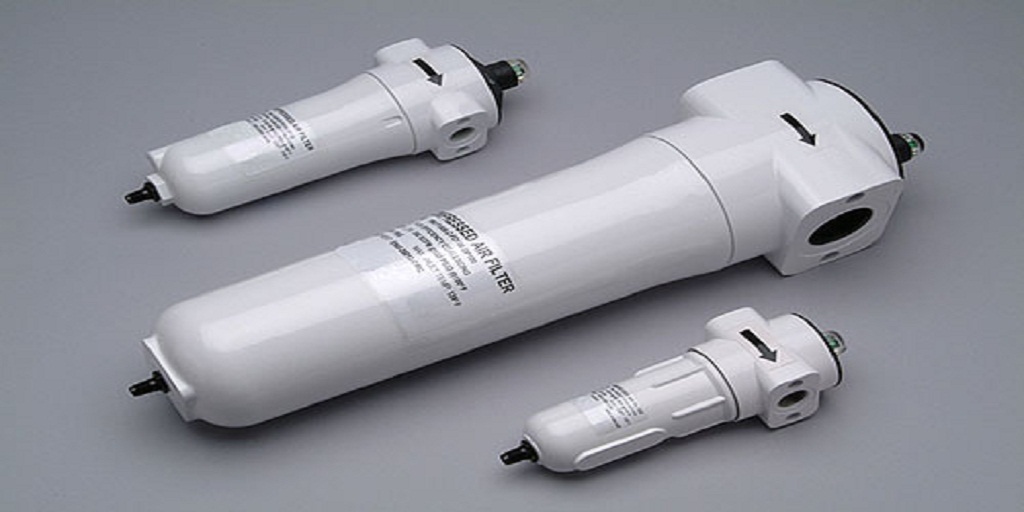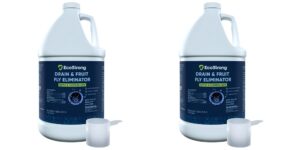
In compressed air and gas systems, contaminants may manifest themselves in a variety of ways. When air is compressed, microscopic dust particles that have not been captured by compressor intake filters become more concentrated. The pipe scale accumulates over time as a result of the air lines’ internal corrosion. The well’s dirt and debris may get into the gas pipes. When lubricants break down, hydrocarbons are released into the air.
It’s impossible to run a compressed air system without some kind of contamination, such as dust or dirt or water or even oil. Performance and end-use equipment may suffer as a result of insufficient or inaccurate filtration, which may lead to expensive system downtime.
What Do Compressed Air and Gas Filters Do?
To keep liquids and solid impurities out of air compressors, compressed air and gas filters, also known as air line filters, are installed in the condensed air pipelines. It is their job to keep the equipment safe by preventing harmful impurities from entering. Compressed air may include millions of dirt particles, as well as considerable volumes of oil and water. Lead, mercury, and other heavy metals may even be present in compressed air, depending on the use.
Such pollutants may damage crucial system components like cylinders and valves without compressed air and gas filters that remove them. Preventing seals from swelling and early wear is an important benefit of effective compressed air preparation. As well as decreasing downtime, using clean compressed air also reduces energy consumption.
The Best Filters for Compressed Air/Gas
It is possible to find a filter housing from Air & Vacuum Process INC. that will meet your specific flow, pressure, and performance parameters, such as Van Air Systems. In addition, all filters are made of cast aluminum and ASME coded in a wide range of elements and flow rates.
The Van Air F200 cast filters can handle flow rates ranging from 15 cfm up to 1600 cfm with ease. This series comes with a Lifetime guarantee, which assures that the bowls and heads of these goods are protected to the fullest extent possible.
Additionally, Van Air provides its F101 ASME coded filter line, which is designed to handle flow rates ranging from 500cfm to 5000cfm, for both air and gas. In contrast to most rivals, Van Air assures that the matching parts of both lines will not crush, break apart or travel downstream.
A compressed air/gas treatment system’s appropriate filtration cannot be overstated. In this day and age when clean indoor air is a must, reliable air/gas filters are your friend. If you don’t have inline air/gas compressor filters, you’ll have to deal with expensive downtime and equipment failure, as well as premature system wear.
In addition to compressors and parts, Air & Vacuum Process INC. provides a variety of high-quality compressed air/gas filters. If you’re looking for ways to improve the efficiency of your air/gas compressor, have a look at their website.


